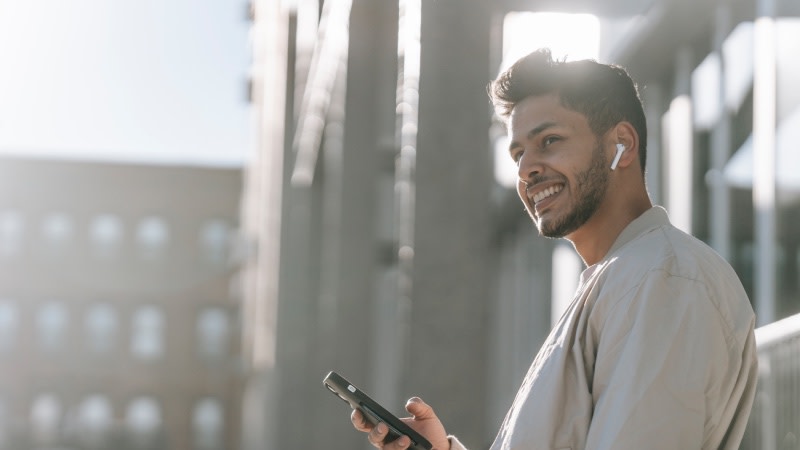Resources
Newsletter
Stay up to date and with the latest news, projects, deals and features.
Subscribe
The experience economy, a term coined in a 1998 article by B Joseph Pine II and James H Gilmore, is defined as “an economy in which many goods or services are sold by emphasising the effect they can have on people’s lives.”
The writers emphasised that experiences are their own category, just like goods and services.
Erin Living says they have seen the shift in consumer expectations, as the needs, wants, and desires of apartment dwellers have changed.
Residents are seeking more and more experiences to be part of their purchases, with modern apartment buildings boasting amenities such as barbecue facilities and yoga rooms.
“However, the existence of these amenities doesn't often create the desired experience,” a spokesperson said.
“Often, we find there isn't a way to book the barbecue and the yoga instructor is stranded at the door. Residents are seeking amenities that offer experiences to their living, not nuisances.
“It’s how residents connect and interact with their built environment and the experience these amenities provide. When choosing apartment living residents are saying they want a seamless, connected, convenient way of living.

“That’s a key factor behind why they chose apartment living to begin with.”
Every experience a resident has with their home, building and community can impact the future likelihood of renewing their leases, buying from the same property developer, recommending that developer to a friend and the consideration of apartment living to be the right fit for them.
In this age of reviews and brand awareness, property developers and creators need to be thinking about the customer more than ever. This means putting the experience of living in one of their buildings at the forefront of their decisions.
“We have entered a new economy. The experience economy,” the spokesperson said.
“This is also true for what is seemingly a small and insignificant task (but isn’t); the way residents access their building and apartment.
“We all know and love the way we can pay for goods and services by tapping our smartphones. Why couldn’t we have the same experience when it comes to opening doors? Well ... we can.”
Erin enables residents to use their smartphone to access their building and home (instead of style FOBs which can have security flaws).
It also allows residents to share digital keys with friends and family, service providers (available to be booked on Erin) as well as trades people and property managers.
This saves the hassle of physical key handovers, giving back time to all stakeholders of a building, as well as having a complete real-time audit trail of who has a key to their home and when they’ve used it, making for a more safe and secure environment.

And it can be a completely touchless experience.
“The Erin Living resident experience platform brings together everything needed for an apartment,” the spokesperson said.
“Our product allows residents to book those amazing amenities, lodge that pesky defect that has been bothering you, speak to the building manager, find that document that was handed to you on a USB all those years ago and know who to contact on the weekend when that car lift breaks down.
“If Covid taught us anything, it's to be more adaptive to this kind of technology, especially when common areas of a building are used by many people, multiple times a day.”
The Urban Developer is proud to partner with Erin Living to deliver this article to you. In doing so, we can continue to publish our daily news, information, insights and opinion to you, our valued readers.